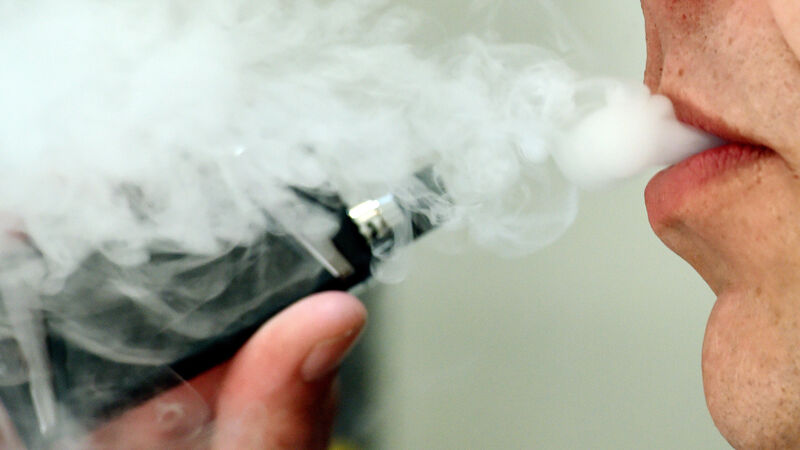Incident at Cork school 'not an isolated case' as young people fall ill after vaping

Children and young people are increasingly falling ill from vaping cannabinoids, a leading HSE expert has warned.
Children and young people are increasingly falling ill from vaping cannabinoids, a leading HSE expert has warned.
Four teenagers became sick at a Cork school last week after vaping but this was not an isolated case, according to Professor Eamon Keenan, the HSE's national clinical lead for addiction services.













